Scholar Spotlight - Inkindi Mutoni Sabine
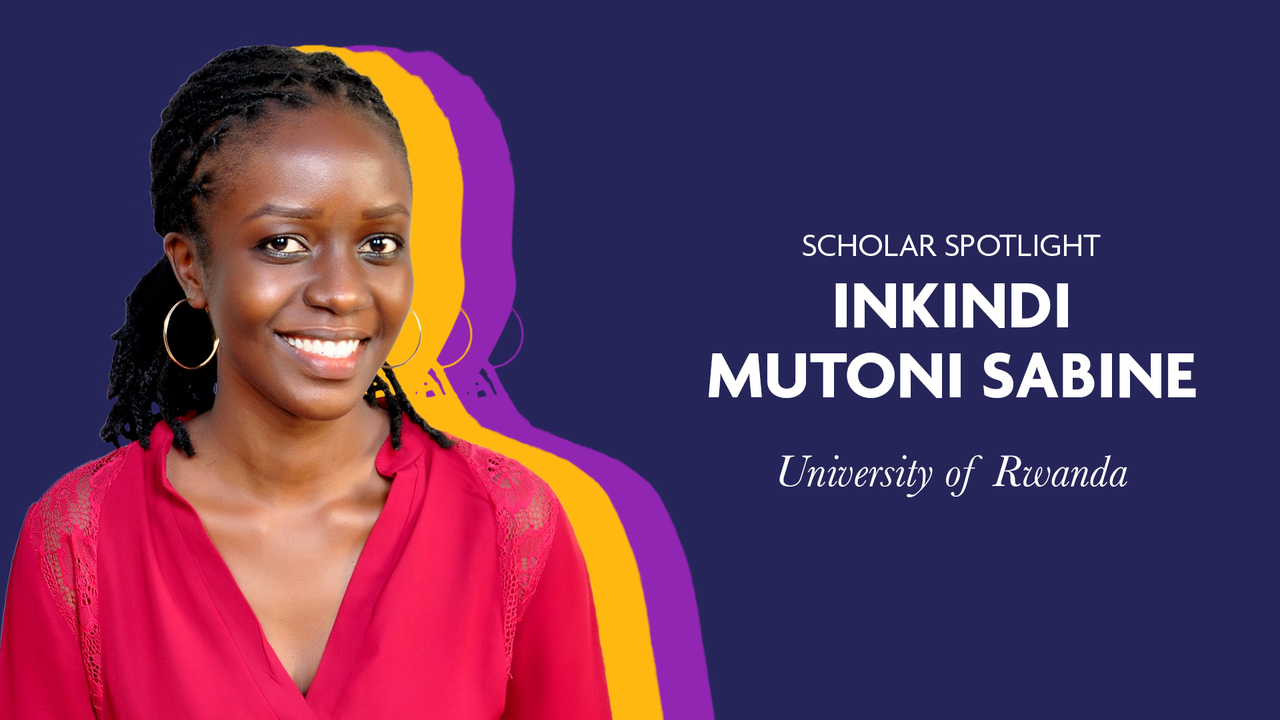
Discover more Scholar Spotlights.
Inkindi Mutoni Sabine, a University of Rwanda Laidlaw Scholar and STEM Subject Lead, on developing a phone-detecting technology to help students focus on their studies, and leading the STEM subject community.
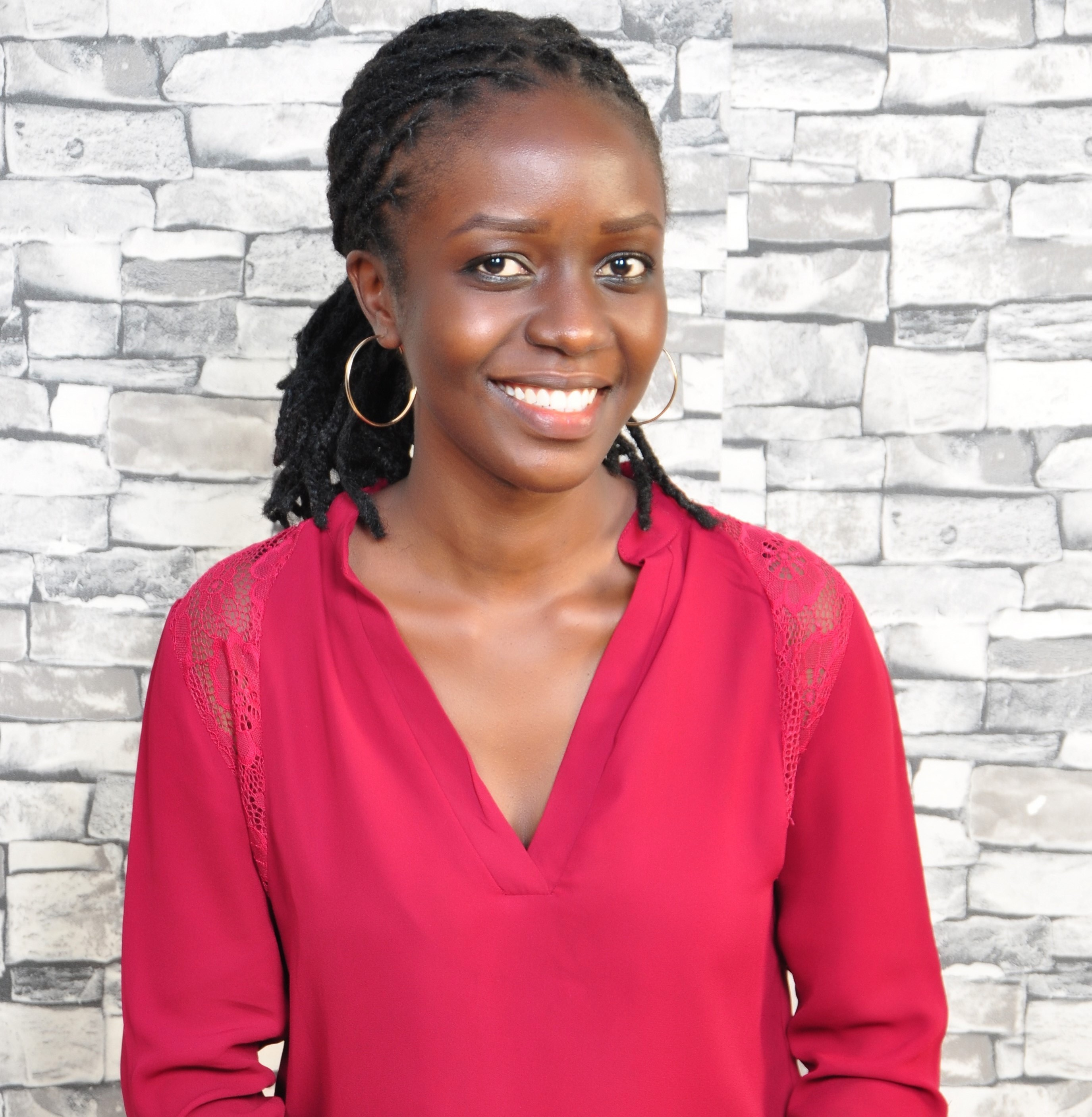
My research project is about developing a system that will detect cell phones in school to discourage students from using them and instead focus on their studies. The usage of cell phones in high school brings many bad consequences and cases of indiscipline, including attraction to drugs and unplanned pregnancies. Furthermore, an investigation conducted by the Ministry of Education in Rwanda revealed that when students use phones at school, it affects their studies, as they spend most of their time on them and forget about their learning.
Even though the reasons for banning cell phones have been clearly discussed, parents still claim that it’s hard to control whether their children leave phones at home or go to school with them. Sometimes, the schools fail to check the students to prevent the entry of cell phones, and some students may go undetected. Students may bring two phones in some instances, knowing that they will sacrifice and leave one to the school management and enter with another.
My system will identify nearby cell phones by detecting their transmission signals. When a person uses their cell phone, the circuit will sense the signal and send another signal in the form of a sound indicating that someone is using a phone.
Where did your passion for this research originate?
I have always been concerned about teen pregnancies. Having had some friends who got pregnant in high school, I was very curious about why it happens. I found that when strangers meet young girls on holiday, they trick them by giving them gifts and cell phones to keep interacting even when they are back at school. Having that interaction is one way they are being distracted and start developing cases of indiscipline, leading to unplanned pregnancies and not focusing on education that brought them to school. I then had the idea of developing a system that will discourage girls from bringing cell phones to school, allowing them to focus on studying. The system will also be used in places where cell phones are prohibited.
What is the most memorable moment from your Laidlaw scholarship experience?
The most memorable moment was when I hosted the first networking session with scholars in the STEM community as the STEM Subject Lead. It was on a Saturday. The week before that exact day, I was very nervous and thought of postponing the session! I searched online and checked several times how to host an online meeting, but I still didn’t feel confident. On the exact day, I told myself that I should go for it and that I can do it. I felt motivated and heard the inner voice telling me that I should leave my comfort zone and try. I led the first session, and I am glad I did!
What is the biggest challenge you came across in your research and leadership journeys, and what did you learn from it?
When I started my research, I was very excited and wanted everything to go smoothly. I went to ask for the laboratory where I had to implement my project, and it took me three days to convince them to let me use it and that I will keep safe the materials found there. Those days were a lot for me because I thought things had to go exactly as I wanted. I learnt to be patient in what I do as I wait for the results and communicate effectively to get the help I need.
Having done a project in electronics, I also thought that I should be able to find all the required materials at the market. However, I didn’t find all of them, which was a big challenge. I learnt that it’s always necessary to have a second alternative if the first one fails. This helped me because I considered using their equivalents which removed that challenge.
What does it mean for you to be a Laidlaw Scholar?
Being a Laidlaw Scholar means being connected to a large network of students who are motivated to create an impact in their communities. It means being exposed to constructive ideas in all fields and having the opportunity to learn from each other. I have been inspired by fellow scholars' research and leadership journeys, which has motivated me in my undergraduate studies and my life outside class.
Briefly describe a scene from the future you are striving to create.
Having been involved in various activities as a student, I realized that having access to education is more than focusing on class modules. I want to create a future where young people see education not as a way of getting grades and leaving school but as a way of making their dreams come true, and engaging with their community.
Quick-fire Questions
📚 My top book recommendation: #Girlboss by Sophia Amoruso

🎧 Podcast obsession: I loved the Good Leader Podcast episode with Laidlaw Scholar Chhavi Sharma
🌈 Something that made me feel joy recently: I recently got my third-year transcript just to found out that my grades have increased!
Inkindi is the STEM Subject Lead. Join the community for regular networking sessions, engaging discussions, and all-around support.
Connect with Inkindi on LinkedIn and Twitter.
🔦 Discover more Scholar Spotlights:
- Brandon Yu (University of Toronto) on his research "The effects of N-acetylglucosamine (GlcNAc) on B-cell activation" and launching his startup, iAscend.
- Jieran Sun (The University of Hong Kong) on recovering rare books and medieval manuscripts, and clearing your emotional rent.
- Cath Brislane (University of York) on investigating rare language sounds, transparency in leadership and the glamorisation of overworking.
- Emma Franck-Gwinnell (Durham University) on making businesses take action against modern slavery, and co-leading the Laidlaw Alumni Society.
- Lorenzo Molinari (UCL) on advancing learning tools and practices for autistic adolescents, breaking stigmas, and calling for change.

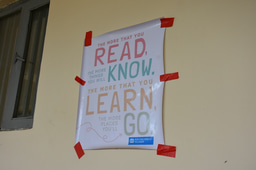
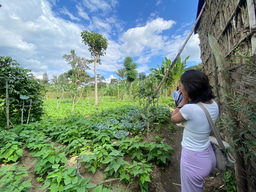
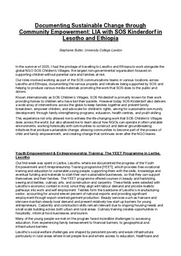
Please sign in
If you are a registered user on Laidlaw Scholars Network, please sign in